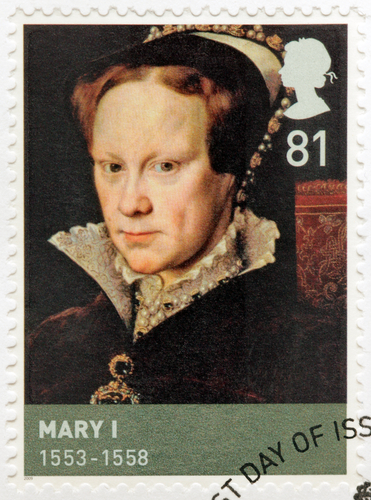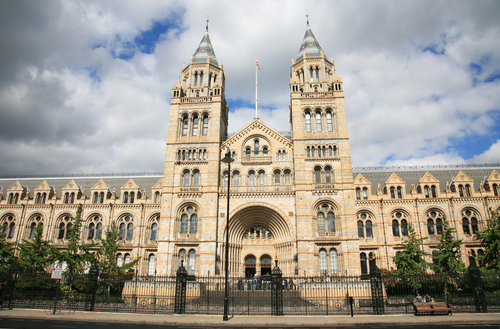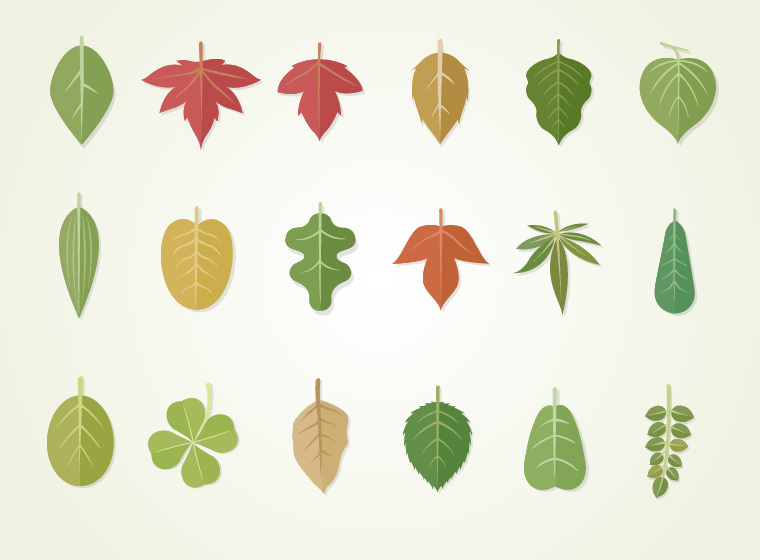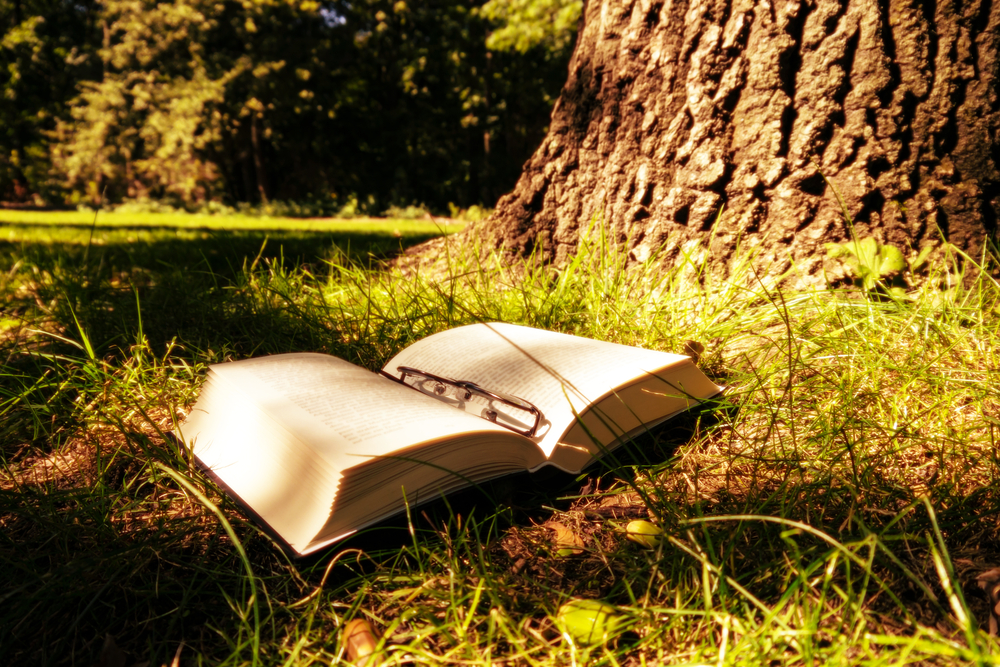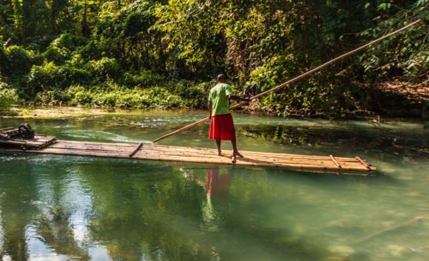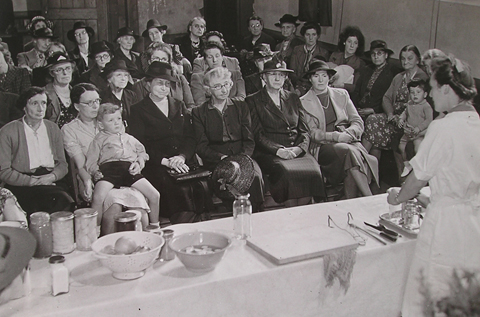
Presenting Data – How your students can display detail
As sad as it may seem, these days no one seems to have enough time to look at things in detail, from text language to finding information, we want to know what we need to know as quickly as possible. Maths has been doing this for some time now with… Read More
